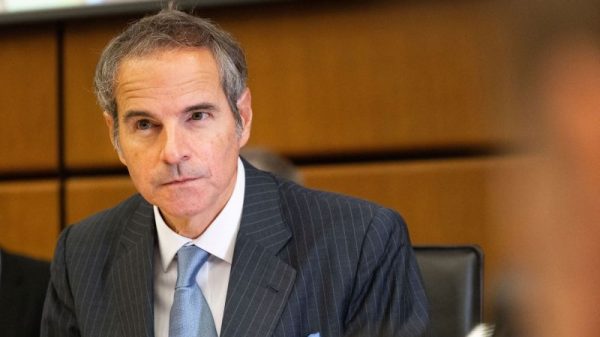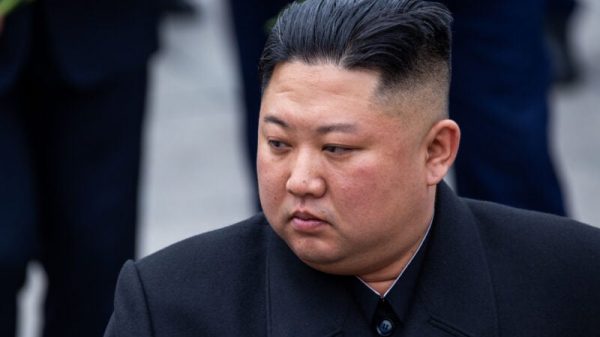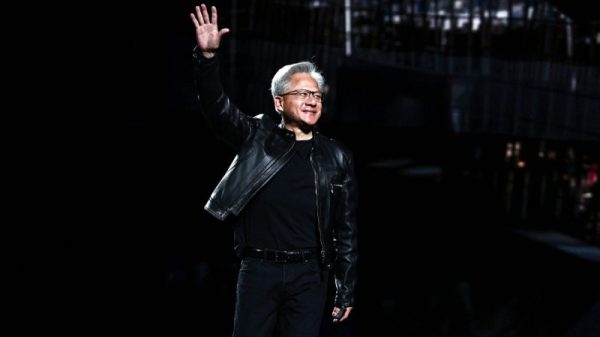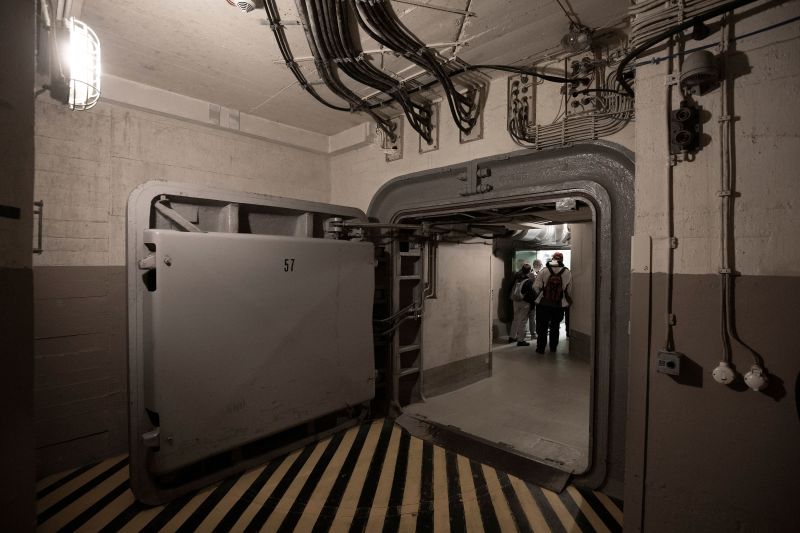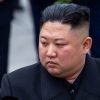Germany’s aging and decrepit bunker network is in need a major overhaul, according to the head of the federal agency tasked with nationwide civil protection in case of an attack.
The Federal Agency for Civil Protection and Disaster Relief (BBK) President Ralph Tiesler said in an interview with popular German newspaper Sueddeutsche Zeitung, “For a long time, there was a widespread belief in Germany that war was not a scenario we needed to prepare for. That has changed. We are concerned about the risk of a major war of aggression in Europe.”
Tiesler’s words represent a real fear, echoed across Europe, that Russia could try to mount an attack on Europe again within four years. That timeframe is widely regarded as the minimum period Russia would need to rearm after fighting a bloody and long campaign in Ukraine.
Germany only has 580 bunkers, many of them not operational, the newspaper report said. That number is down from nearly 2,000 that existed during the Cold War.
Just 5% of the German population would currently be able to seek shelter in the event of an attack, Sueddeutsche Zeitung reported.
Germany’s population is about 83 million people.
The civil protection agency chief said that he will upgrade tunnels, metro stations, underground garages and basements of public buildings to “quickly create one million shelter spaces,” as well as expand the nation’s siren and notification systems.
Tiesler said his agency will be presenting a full plan for the revamp and expansion in the summer but added that funding still needed to be secured.
“New bunker systems with very high protection requirements cost a lot of money and time,” said Tiesler. He noted that the BBK will likely require “at least” 10 billion euros ($11billion) in the next four years and a further 30 billion euros ($34 billion) in the following 10 years to complete the overhaul.
There is some cause for optimism, though, for the German agency.
Friedrich Merz, before officially becoming chancellor, managed to unlock half a trillion euros ($570 billion) in spending for Germany’s defense, some of which the BBK would be eligible to receive.
However, given the scale of the task of updating the German armed forces the allocation of money may be prioritized elsewhere.
Merz recently vowed to make Germany’s army the strongest in Europe, but in order to meet that pledge, he will be required to spend huge sums of money to modernize, train and equip soldiers.
A report released earlier this year from the parliament’s armed forces commission pointed out that the German army has “too little of everything.”
It has long been underfunded, and much of the basic infrastructure of the army, including barracks, is well below standard, the Bundestag report said.
It also comes as the army struggles to meet recruitment targets. In 2018, Germany committed to boosting its standing forces to 203,000 by 2025 — a target date that was later revised to 2031. The current standing size of the Germany army is just 181,000.
Merz’s government is mulling the possibility of introducing mandatory military service.
The issue of manpower also concerns Tiesler and the BBK. “We lack personnel in an emergency,” he told the newspaper Sueddeutsche Zeitung.
“Perhaps we need a mandatory military service or a voluntary civil defense service… One that allows the choice between civilian and military service for the country,” he said.









